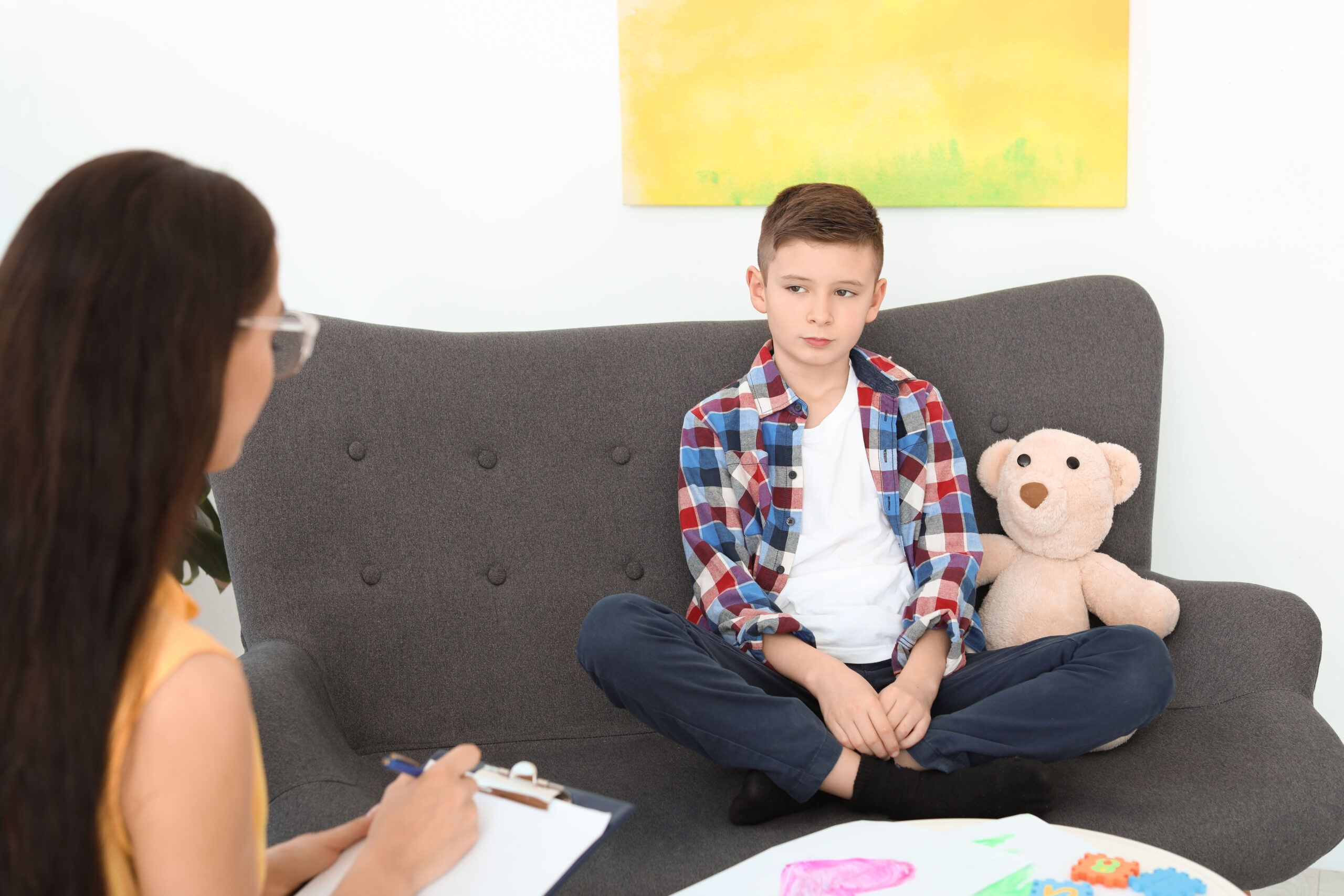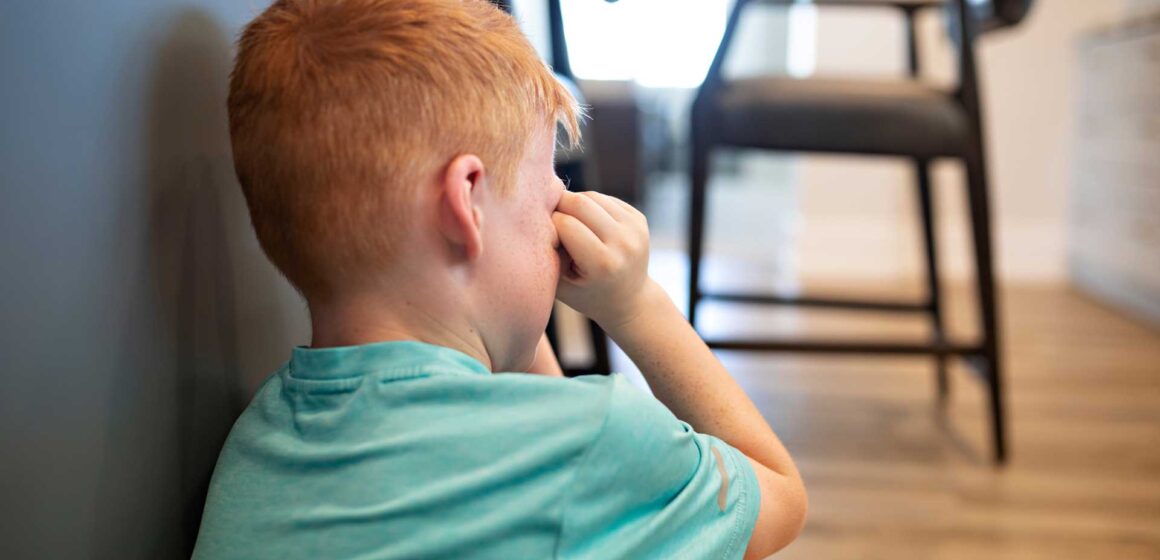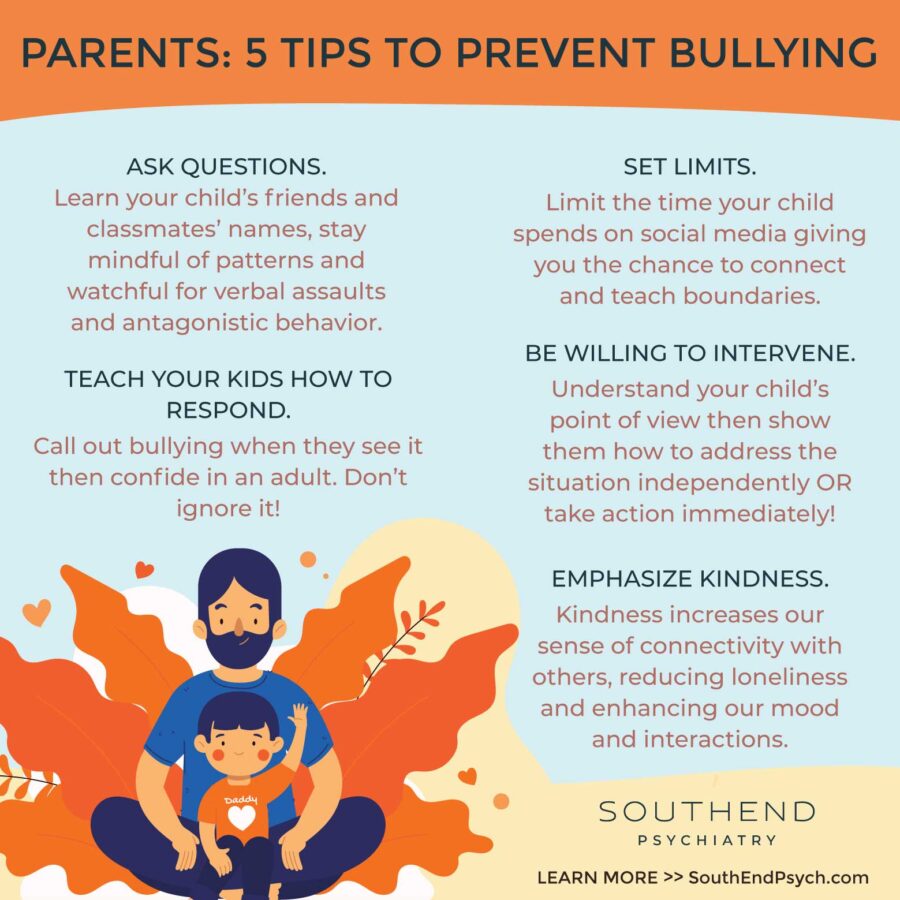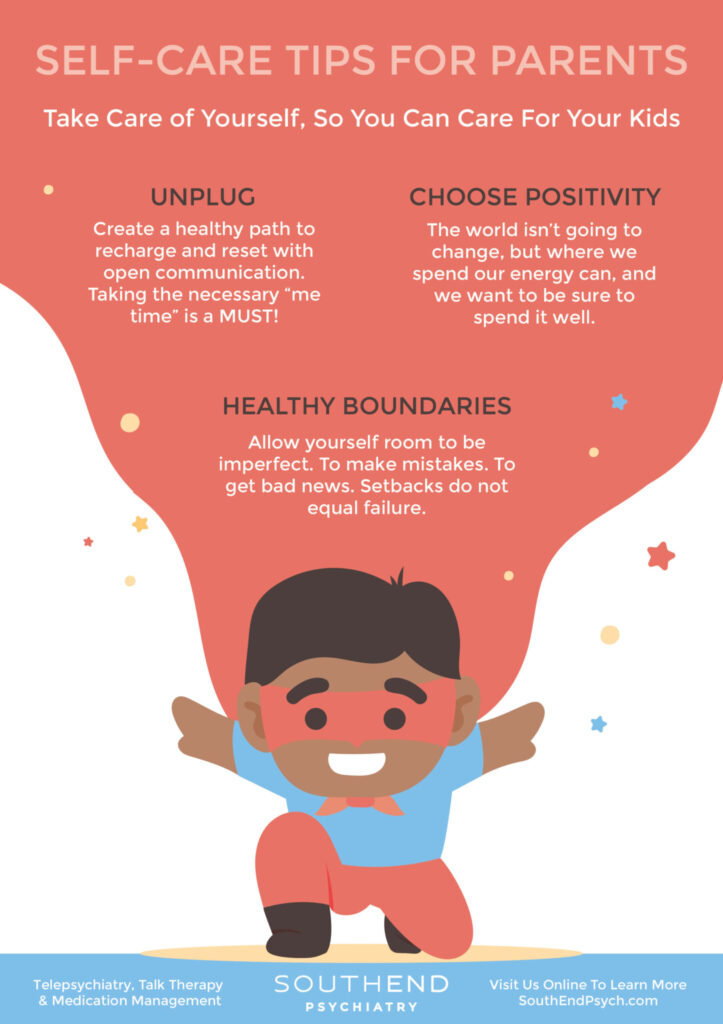There are many different kinds of anxiety. School anxiety, a condition that can affect children of all ages, manifests as an excessive fear of school and the activities associated with it, such as making friends, speaking in public, or taking tests. Neurologist and former teacher Ken Schuster, PsyD, says that anxiety “tends to lock up the brain,” making school hard for anxious kids.
Know the Symptoms
Healthline.com explains that symptoms of anxiety in children who are 10 and under may include:
– irritability, crying, yelling, or having a tantrum
– refusal to participate in the process of getting ready for school
– loss of appetite or nausea as it draws close to time to leave for school
– nightmares or difficulty sleeping
– headache
– increased heart rate and/or rapid breathing
As students grow older, their anxiety may show itself in the form of external school-avoidance behaviors. Signs of anxiety in children who are in middle and high school will vary across cultures and individual families, but may include
– truancy/excessive absence from class
– refusal to participate in school activities
– rapid breathing and/or quick heart rate
– loss of appetite, nausea, or headache
– self-harm behaviors
How to Help
There are many ways to help and support your child through school anxiety. Acting with empathy and compassion, rather than establishing strict rules and punishments is a great place to start.
Talk openly about feelings and mental health. Make sure to ask questions about school at times when your child is calm. You don’t want to make your child feel interrogated, instead simply give them a chance to make their feelings known so that they feel understood.
Check your Priorities
This is a big one. Sometimes the source of school anxiety may start at home. Take a real honest look at what your parental attitude toward academic success is. This can greatly help children who are afraid of failing.
Get Help From an Expert
Reach out to SouthEnd Psych right away if your child’s anxiety is causing distress or interfering with daily life. Untreated anxiety can lead to other problems, such as depression, substance use disorders, and social isolation.
Southend Psychiatry is also here to help you navigate conversations with your child’s school personnel to develop a plan. This may include making adjustments to your child’s schedule, providing support in the classroom, or involving your child in social activities outside of school.
Contact Southend Psych today to inquire about appointment availability and get your child on their way to a better place.
Southend Psychiatry
Schedule your appointment today with one of our SouthEnd Psychiatry clinicians. Book your appointment online or call 1-800-632-7969 to get started today.













